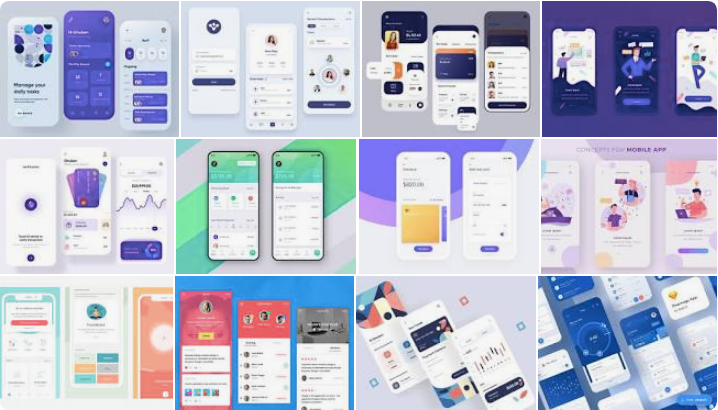compete
A Flutter application for Muslims that help them challenge and motivate themselves and their friends to read Azkar in a fun way.
Also, take a look at the Backend repository.
Stats
- 12,200 App Installs.
- 2543 signed-in users.
- 1113 users have at least one Azkar challenge.
- 999 users have at least one Tafseer challenge.
- 849 users have at least one Reading Quran challenge.
- 205 users have friends.
Setting up a Development Environment
Git
To set up a local development environment, you have to do the following :
- Fork [tanafaso-frontend] (https://github.com/challenge-azkar/tanafaso-frontend)
- Clone your fork using git clone
https://github.com/<your-github-username>/tanafaso-frontend - Navigate to your local repository using your cmd/terminal based on your local environment
- Check that your fork is the origin remote using
git remote -v, if it is not then added usinggit remote add origin https://github.com/<your-github-username>/tanafaso-frontend - Add the original project as upstream remote using
git remote add upstream https://github.com/challenge-azkar/tanafaso-frontend - Congratulations, you can start contribute now, but make sure you create branch for every proposed change you make.
Firebase Notifications Development
Please note that if you don’t intend to do changes regarding notifications, you have to comment the line apply plugin: 'com.google.gms.google-services' in file android/app/build.gradle so as to be able to build the android project.
If you intend to do changes regarding notifications, please create a firebase cloud messaging testing project and then move the google-services.json file you will obtain from firebase to android/app directory.
Dependencies
Dependencies for Android
- Android Studio IDE
- Flutter SDK
- Java SDK
Dependencies for IOS
- Xcode IDE
For more information about dependencies, you can check the flutter documentation.
Code GuideLines
- Use snake case for file names.
- The filename should correspond to the name of the primary class in the file.
- Names of files that contains widgets that take the whole screen should end with the suffix:
_screen.dart, for example, signup or login takes up the whole screen for authentication. - Names of files that contains widgets that don’t take the whole screen should end with the suffix:
_widget.dart, for example, invite friends from facebook or twitter is a widget since it is part of the screen widget, but does not take the whole screen. - Use Camel Case convention for class and enum names.
- Name (classes, variables, functions, modules) in a meaningful name which describe its functionality.
- Make sure that all .dart files are formatted using
flutter formatcommand.
Code Structure
Assets (pictures, fonts and certificates) can be found in the assets/ folder.
As you may already know, the cool thing about flutter is that you write code once in dart and then flutter does the hard work of compiling it into native Android and iOS code. You can find the compiled native code in the following directories (Note that you would rarely need to change code in these directories):
All the dart code can be found in the lib/ directory.
- lib/models/: Contains the definitions of all of the models used in the application (e.g. User, Challenge , etc…) and also defines how every model should be encoded and decoded.
- lib/net/: Implements the wire between the frontend and the backend (challenge-azkar/tanafas-backend).
- lib/net/endpoints.dart contains all of the endpoints that the API is supporting for this frontend version.
- lib/utils/: Contains classes that provide utilities that will be used throughout the application code.
- lib/views/: Contains all of the declarations of the user interface.
- *Screen.dart: Classes that end with the suffix “Screen” are declaring a whole screen that the user will see.
- *Widget.dart: Classes that end with the suffix “Widget” are declaring a widget that will be part of the user screen.
Contributing
(Optionally) join Tanafaso’s discord server to give feedback, propose new features or ask for help.
There are a lot of ways you can contribute to this project. You can filter issues by good first issue label to get started with an issue that is easy to fix.
- Suggest new features by filing an issue.
- Report bugs by filing an issue.
- Add code documentation, so that it is easier for future contributers to ramp-up.
- Add unit tests (Read The Testing Strategy).
- Add widget tests (Read The Testing Strategy).
- Refactor the code to make it more readable, maintainable and scalable.
- Add pull requests with bug fixes.
- Add pull requests with new features.
Download this app source code on GitHub
https://github.com/tanafaso/tanafaso-frontend
Provides the list of the opensource Flutter apps collection with GitHub repository.









